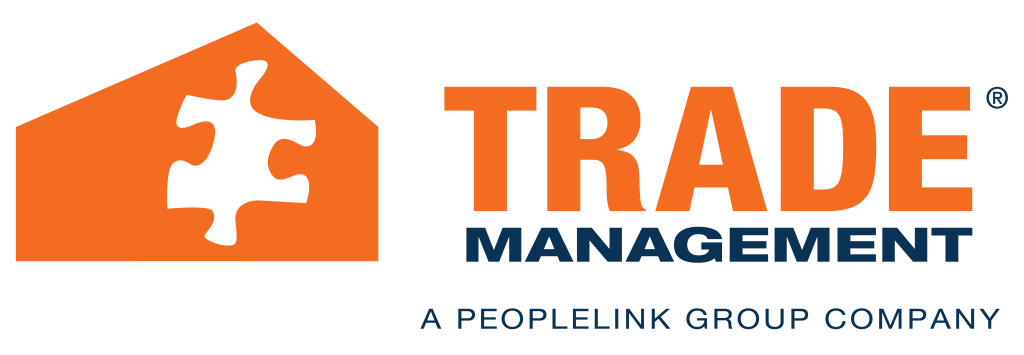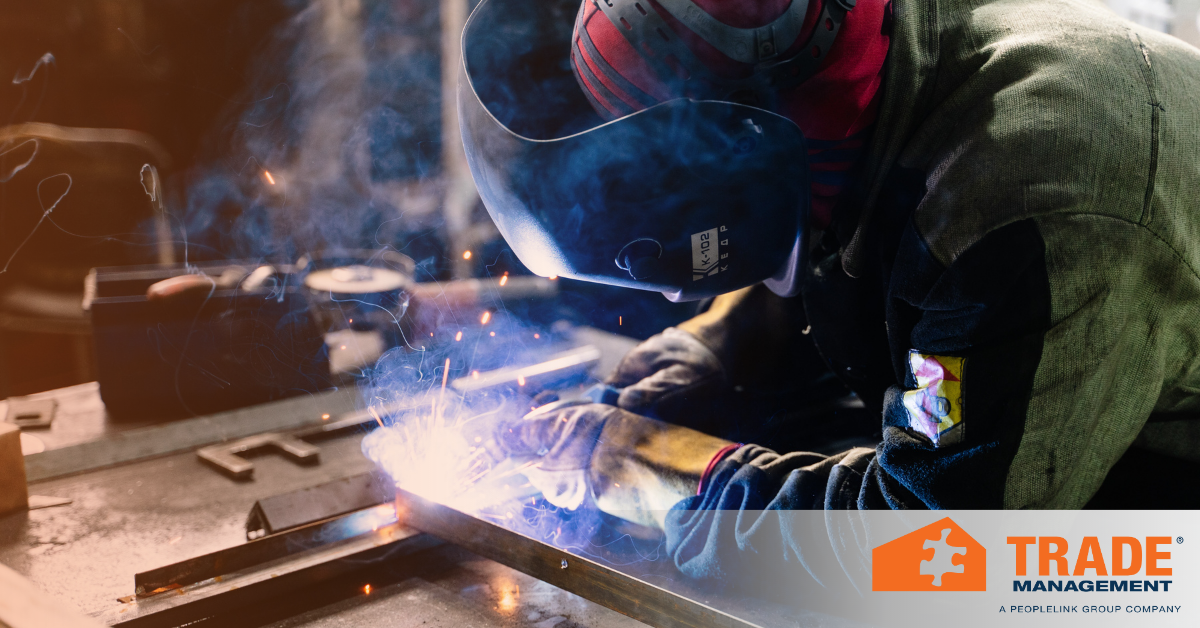Working as a welder requires a range of skills which can be acquired through apprenticeships, training courses, or on-the-job experience.
Highlighting the most important welder skills on their resumes helps welders land interviews for the roles they want. The skills to include depend on the job description for the desired position.
Listing the relevant skills helps a resume pass through an applicant tracking system (ATS) and to a hiring manager. Hiring managers will be more inclined to contact a candidate for an interview based on a resume that lists qualification details.
Discover six of the top skills for welders to learn and include on their resumes.
Mathematics
Understanding blueprints, calculating dimensions, and drawing sketches requires extensive mathematical skills. Related skills include spatial reasoning, understanding 2D and 3D diagrams, and interpreting sketches.
Physical Capabilities
Carrying heavy objects, standing for extended periods, and bending and twisting are part of a welder’s job duties. Thus, being in good physical condition is a necessity. A welder must have a strong grip and steady hand to hold the torch for an ongoing time. Good vision, hand-eye coordination, and dexterity are also essential.
Precision
Working on structures such as bridges, airplanes, and ships requires precision, including constantly inspecting materials, detecting changes in molten metal flows, and cutting with accuracy. Welders must respect safety guidelines and procedures, follow directions, and maintain a clean workspace.
Tool Handling
A welder’s ability to determine and use the right tool for a task is essential. Welders may need to
learn innovative technologies and practices, including operating robotic welding equipment. A welder may also need to set up machine tools, work with grinders and metal finishers, and dismantle machine tools when finished.
Soft Skills
Self-motivation, time management, and communication are among the soft skills required to work as a welder. Planning and managing projects, organizing workspaces, and documenting the work require soft skills. The same is true for effectively maintaining inventory, working individually and collaboratively, and meeting deadlines.
Mechanical, Design, and Office Skills
When working as a welder, mechanical and design skills are necessary. The ability to use basic office software, manage projects, and provide customer service also is beneficial.
Ready To Find Your Next Welder Role?
Work with Trade Management to find your next welder role. Register with us today.

